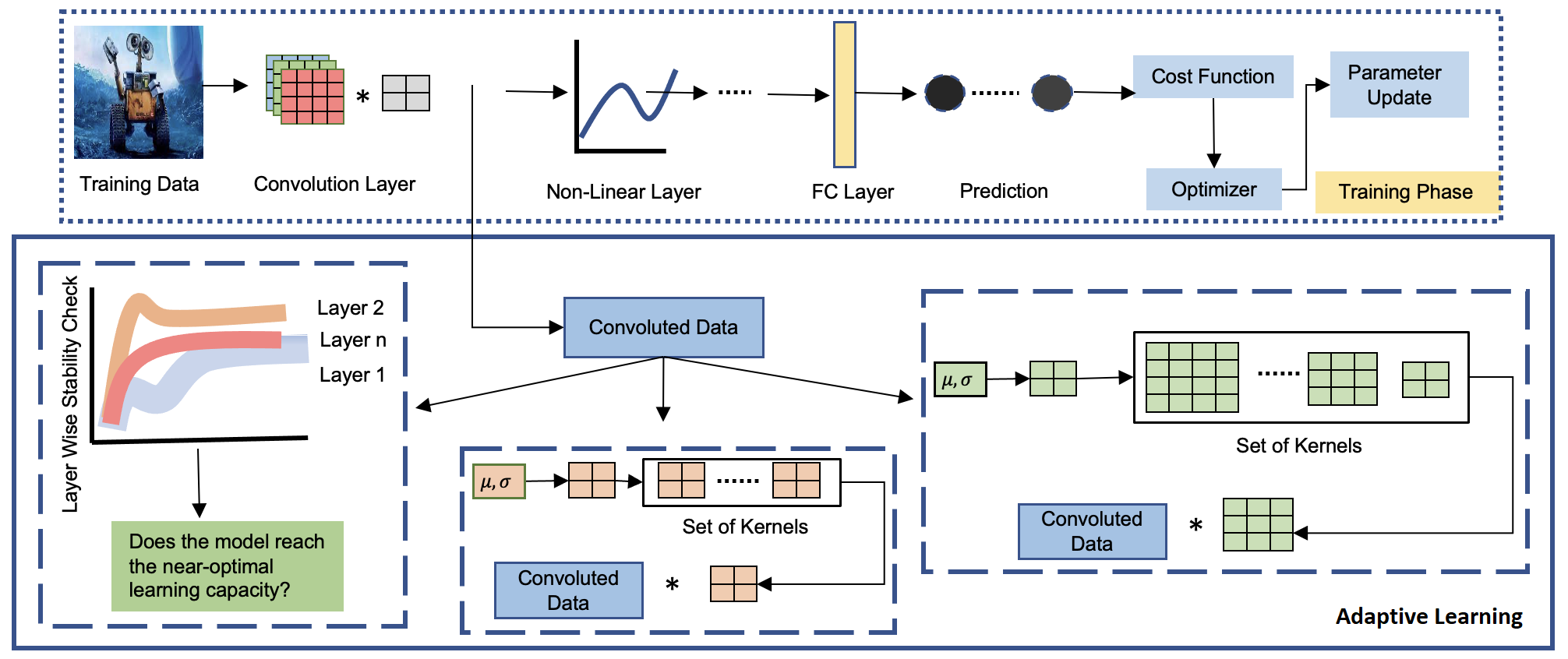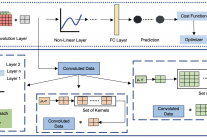Board of Regents Grant Awarded to Aminul Islam
Mon, 05/15/2023 - 11:59am
Aminul Islam of our School of Computing and Informatics has been awarded a Board of Regents grant in the amount of $149,351. The grant period is from 06/01/2023 through 06/30/2026. The title of the grant is Improving the Training Time and Learning Capacity of a Deep Learning Model.

This research aims to enhance the efficiency of deep learning training by estimating the learning capacity of deep learning models. Deep learning models typically demand a vast amount of training data, and there is no universal benchmark to determine when adequate training is achieved, beyond which additional training would only marginally improve the performance. The project aims to reduce training effort while maintaining model performance by utilizing both training data and layer data (convoluted data) to gain valuable insights and partially unravel the black-box nature of deep learning models.
According to IBM (What is deep learning?) deep learning is a subset of machine learning, which is essentially a neural network with three or more layers. These neural networks attempt to simulate the behavior of the human brain — albeit far from matching its ability — allowing it to "learn" from large amounts of data. While a neural network with a single layer can still make approximate predictions, additional hidden layers can help to optimize and refine for accuracy.
Deep learning drives many artificial intelligence (AI) applications and services that improve automation, performing analytical and physical tasks without human intervention. Deep learning technology lies behind everyday products and services (such as digital assistants, voice-enabled TV remotes, and credit card fraud detection) as well as emerging technologies (such as self-driving cars).

